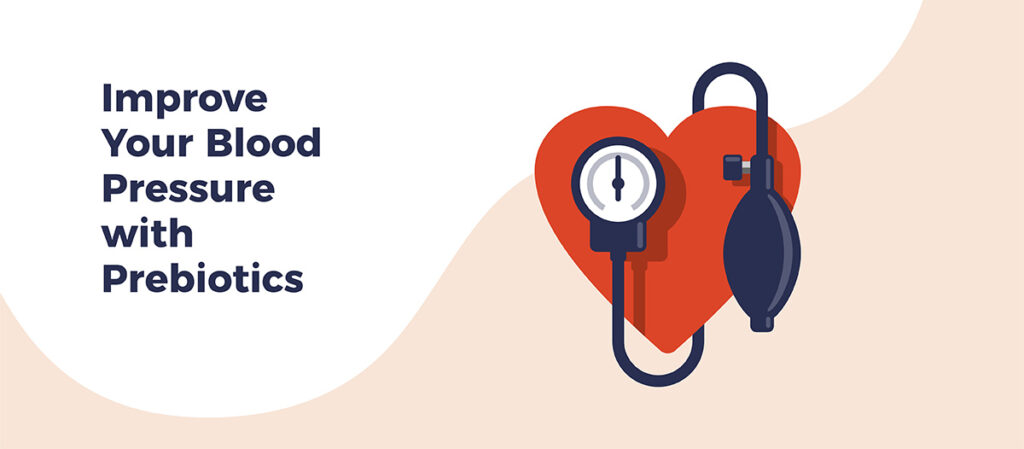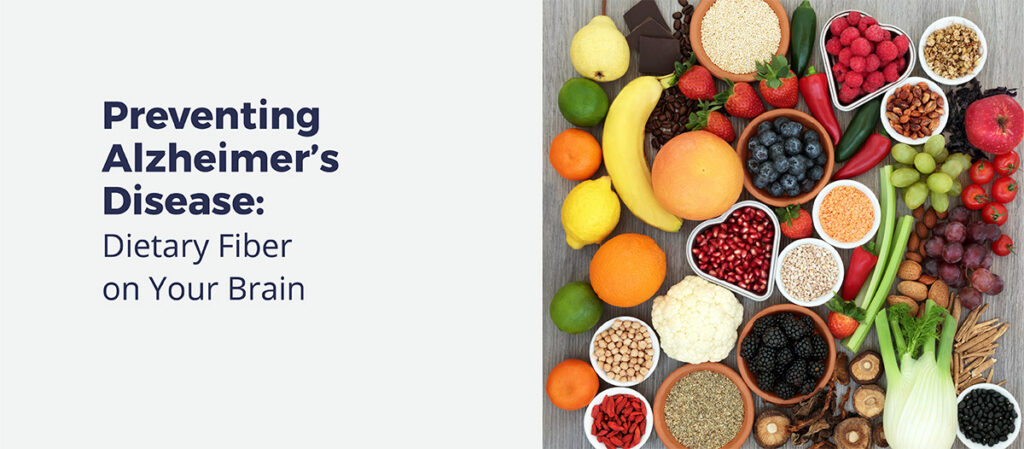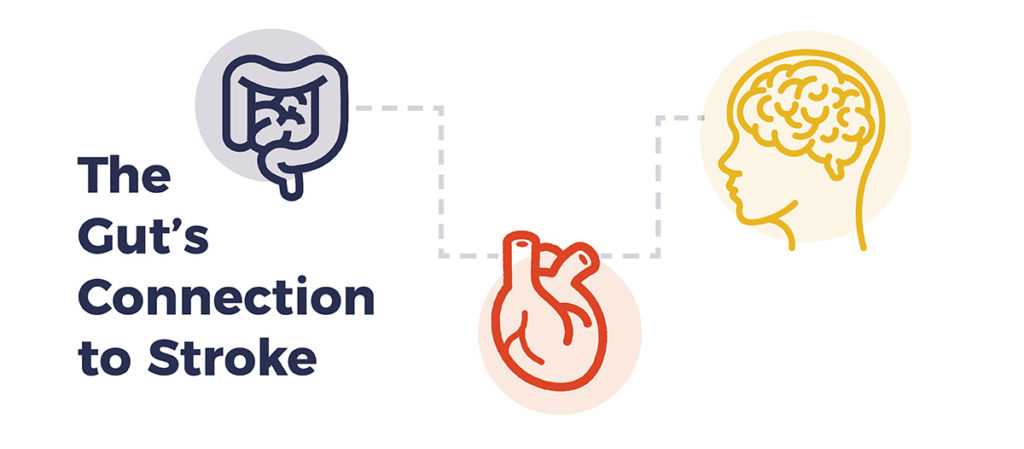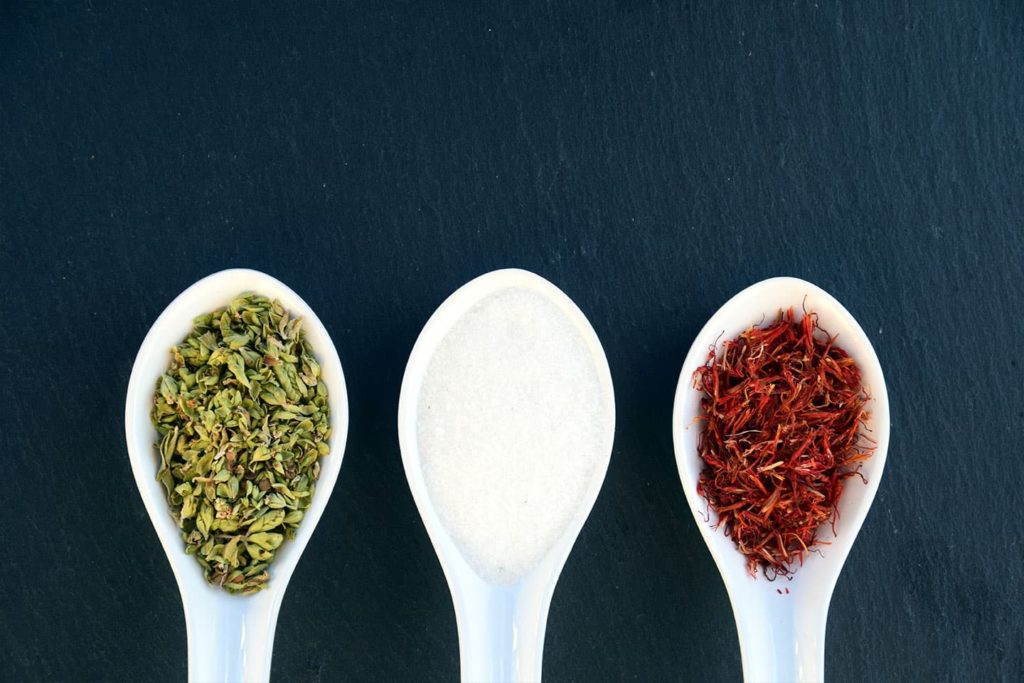Improve Your Blood Pressure With Prebiotics
Improve Your Blood Pressure With Prebiotics
We never tire of reminding you about the benefits of prebiotics, the unsung heroes of good gut health.
Derived from carbohydrates and non-digestible plant fibers, prebiotics are commonly known as the food that feeds the bacteria in your microbiome.
More recently, prebiotics have taken center stage for a multitude of reasons, including their natural cancer-fighting abilities and their use as a sleep aid.
Add lowering blood pressure to that list of important prebiotic benefits, according to findings appearing in Nature Cardiovascular Research.
Just Like A Drug
Australian researchers at Monash University conducted a small trial of 20 patients that compared the benefits of taking a high-fiber supplement (20 grams of a resistant starch) contained in meals twice a day to an inert placebo separately for three weeks.
Among the criteria for participating in the study, all patients were required to be untreated for hypertension. Over the course of the trial, patients also maintained dietary diaries and tracked their blood pressure numbers multiple times each day.
The real difference noticed by researchers was more than a 4-point drop in overall systolic blood pressure numbers among patients during the high-fiber phase of the study.
The benefits of this decrease in blood pressure alone were equal to a patient taking blood pressure medication along with lowering the risk for death due to coronary issues by 9 percent and stroke by 14 percent.
How did systolic blood pressure numbers drop so much? Scientists believe taking a high-fiber supplement increased production of short-chain fatty acids (SCFAs) and bacteria in the gut that produces them.
Where We Go From Here
Despite the good news reported in this study, Australian scientists believe larger studies will be needed to confirm these findings.
But considering that nearly half of all Americans suffer from hypertension (having a systolic blood pressure reading above 130 or a diastolic blood pressure reading above 80), knowing there’s a non-drug solution that can go a long way toward protecting the health of your gut too is very appealing.
However, you don’t need fiber supplements to take advantage of these extra benefits. In fact, you only need to consume 25-35 grams (about 1 ounce) of prebiotic, non-soluble fiber each day to make a healthy difference.
You can get your daily dose of prebiotics and some extra cardiovascular protection when you take EndoMune Advanced Probiotic, formulated with 10 battle-tested strains of beneficial bacteria from Lactobacillus and Bifidobacterium families and the proven prebiotic fructooligosaccharides (FOS).
Resources
Improve Your Blood Pressure With Prebiotics Read More »







 Every year nearly 735,000 Americans have a
Every year nearly 735,000 Americans have a  Trimethylamine N-oxide (
Trimethylamine N-oxide (